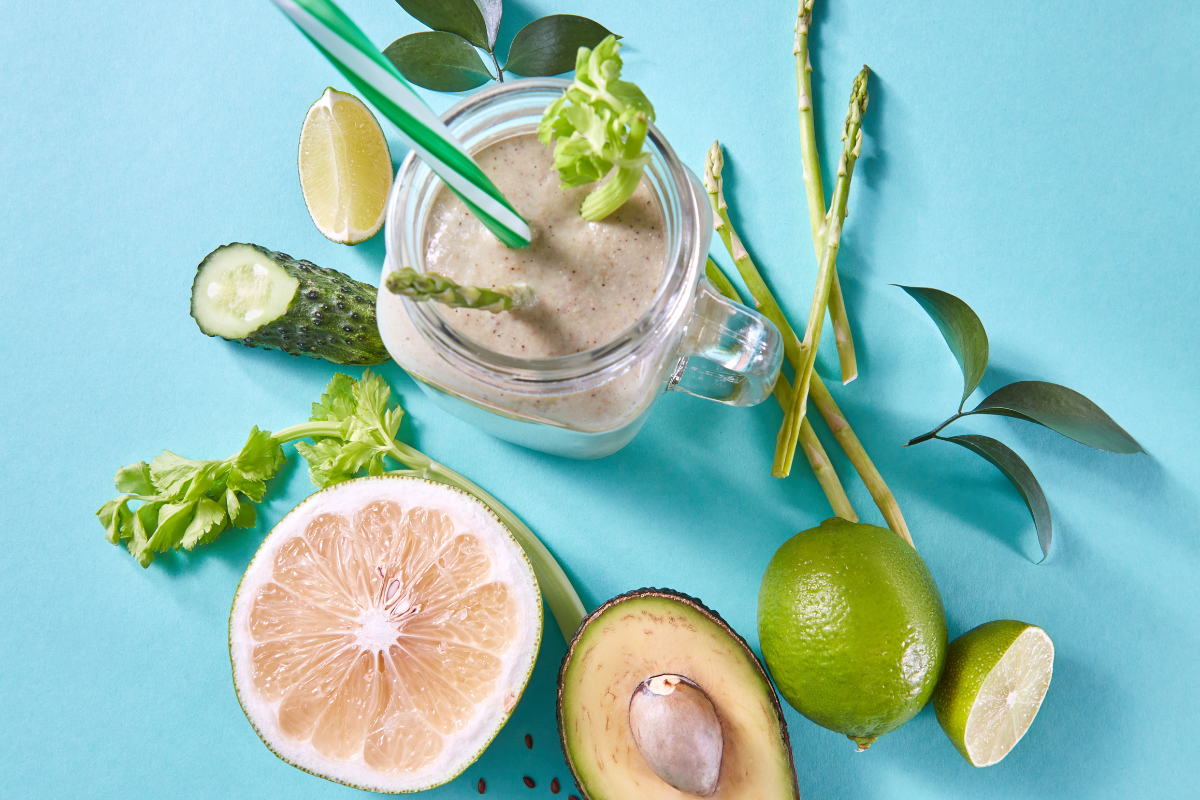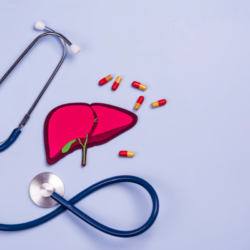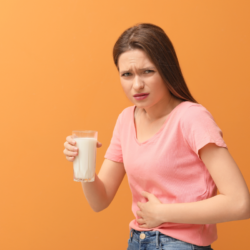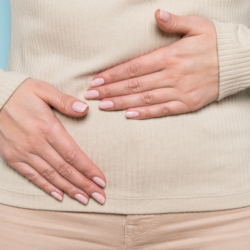Homeopathy is a popular alternative medicine, based on the principle of healing through the similar. This article explores how this age-old practice can be used to detoxify the body, a concept at the heart of contemporary natural health concerns. Homeopathic detoxification is characterised by its individualised and gentle approach, offering in-depth purification without harming the body.
We will delve into the mechanisms by which homeopathy targets toxins and stimulates the natural elimination pathways, highlighting a method that is both ancient and innovative. Prevention, well-being and bodily balance are the cornerstones of this approach which, far from being limited to a response to symptoms, aspires to global and lasting harmony.
Through a detailed and enlightened approach, this article aims to provide keys to understanding the benefits and applications of homeopathy in the context of detoxification, while emphasising the importance of professional guidance for a safe and appropriate practice. Welcome to a journey towards mindful, conscious health with homeopathy as your guide.
What is the purpose of detoxifying the body?
Detoxification is a term that resonates strongly in the world of health and well-being. This natural biological process refers to the body’s intrinsic ability to purify and eliminate harmful or unnecessary substances, or toxins, that accumulate over time. Its importance is crucial; effective detoxification is synonymous with optimal health, increased energy and greater resistance to disease.
What is detox?
Detoxification, in the context of homeopathy, takes on a holistic dimension. It is not limited to the simple elimination of metabolic waste. It is seen as a global approach that rebalances the body’s vital systems. Homeopathic principles suggest that detoxification helps to restore vitality and promote self-healing. This is of paramount importance, particularly in our modern societies where exposure to toxins is almost constant.
Detoxification and so-called depurative cures are often cited as ways of eliminating toxins from the body, losing weight or promoting health.
These detoxification programmes can involve a multitude of approaches, including :
- Fasting
- Drinking juice or similar beverages exclusively
- Adopting a specific diet
- Use of food supplements or commercial products
- Use of medicinal plants
- Cleansing the colon with enemas, laxatives or colon hydrotherapy
- Reducing environmental exposure
- Use of saunas
Where do the toxins that accumulate in the body come from?
Toxins are substances that are potentially harmful to the body. They can be exogenous, i.e. originate outside the body, such as pollution, food additives, heavy metals and pesticide residues. Others are endogenous, produced by the body itself, such as metabolic waste or free radicals generated by oxidative stress.
The presence and accumulation of these toxic substances in the body can lead to chronic fatigue, digestive disorders, weakened immunity and various health problems. In this context, homeopathy offers solutions to help the body detoxify, based on specific remedies that stimulate the excretory functions of emunctory organs such as the liver, kidneys, skin and lungs.
How to detox with homeopathy?
Homeopathic detoxification is not just a matter of taking remedies. It is part of an overall approach involving diet and nutrition, a balanced lifestyle and good stress management.
Diet and nutrition
Diet is a central pillar of the detoxification process. Eating a diet consisting mainly of fruit and vegetables helps to eliminate toxins from the body more effectively. These foods contain fibre, vitamins and minerals that support the body’s natural purification functions.
It is advisable to opt for organic produce to minimise the intake of chemical residues such as pesticides and herbicides, which are often present in conventional crops. These substances can accumulate in the body and interfere with detoxification mechanisms. Choosing minimally processed or unprocessed foods reduces exposure to food additives and preservatives, which can also add to the body’s toxic burden.
Reducing the intake of saturated fats and refined sugars is also crucial. These are known to increase inflammation and produce free radicals, contributing to the accumulation of toxins and tissue damage.
As part of a homeopathic approach to health, it is often recommended to follow an anti-inflammatory diet, rich in antioxidants. These substances, abundant in foods such as berries, nuts and dark green leafy vegetables, help to neutralise free radicals and reduce inflammation, two factors that can compromise detoxification processes.
Regular consumption of pure water and liquids such as detoxifying herbal teas is just as important. They facilitate the elimination of water-soluble toxins by the kidneys and support liver function.
Lifestyle and exercise
An active lifestyle, including regular physical exercise, is essential for stimulating blood and lymph circulation, key elements in the elimination of toxins. Activities such as walking, yoga or swimming are particularly beneficial, as they combine movement and relaxation, contributing to effective detoxification of the body and mind.
Stress management
Stress is an often overlooked producer of toxins. Effective stress management is therefore an essential part of any detoxification strategy. Techniques such as meditation, deep breathing and sophrology can reduce the impact of stress and its toxic effects. Homeopathy can support these practices with remedies that promote relaxation and emotional balance, such as Ignatia Amara or Aconitum Napellus.
Homeopathy, when integrated into a holistic approach to health, can greatly enhance the detoxification process, working not only on the physical level but also on the general well-being of the individual. It is crucial to tailor the process to each individual’s needs, always guided by the advice of a healthcare professional with expertise in homeopathy.
Homeopathic remedies for draining toxins
Homeopathy recognises the importance of draining strains in the detoxification process. These strains are used in low dilution (3 DH-6 DH), at a dosage of 3 to 5 granules three times a day, for a short course of treatment lasting from one week to one month. The range of homeopathic remedies for detoxification is varied, each targeting specific problems in the human body. Here are some of the strains most highly valued for their effectiveness in this area.
Nux Vomica
Nux Vomica has established itself as the remedy par excellence for disorders resulting from overeating or excessive alcohol consumption. Often presented as a “post-festive remedy”, it is aimed at those who suffer from heavy digestion, nausea or a feeling of fullness. Its ability to stimulate digestive functions makes it an ideal ally for restoring balance after overeating.
Sulphur
The homeopathic remedy Sulphur is recognised for its depurative action, particularly in purifying the blood. It is often prescribed to treat dermatological problems such as eczema or acne, by acting on the underlying cause linked to the presence of toxins in the blood. Sulphur supports the mechanisms for eliminating toxins and promotes better oxygenation of tissues.
Pulsatilla
Pulsatilla stands out for its effectiveness with individuals with a slow metabolism and prone to digestive problems. Ideal for those with a tendency towards slow, painful digestion, or who experience regular bloating, this homeopathic remedy works to regulate the digestive process and encourage better intestinal transit.
Berberis vulgaris
Among the most notable strains, Berberis vulgaris stands out as a powerful renal and hepatic drainer. It is particularly recommended for patients with high levels of uric acid in the blood, which can manifest as kidney and bladder lithiasis, or attacks of gout.
Chelidonium majus
Chelidonium majus is a drainer that focuses mainly on the liver. It is recommended in cases of hepatobiliary syndromes, with symptoms such as jaundice, subicterus, drowsiness and post-prandial migraines. It is suitable for patients suffering from a “large liver” and liver pain.
Solidago
Solidago is renowned for its hepatorenal draining action. It is used to treat renal and hepatobiliary insufficiency, often indicated by reddish urine and oliguria. Sensitivity of the renal chambers, particularly on the right side, is also an indication for this remedy.
Carduus marianus
Carduus marianus acts specifically on the liver and gall bladder. It is suitable for people suffering from liver disease in conjunction with venous disorders, such as liver pain and hepatic varicose veins. Digestive disorders exacerbated by alcohol consumption, particularly beer, are also indications for this strain.
Taraxacum
Finally, Taraxacum is a hepatic drainer, characterised by a loaded and painful tongue, often described as a geography map. This symptom is indicative of a need for liver drainage, which Taraxacum can effectively address.
Each of these homeopathic strains offers a targeted response to different manifestations of the accumulation of toxins in the body, and their use should always be accompanied by a diagnosis and professional follow-up.
Does detoxifying the body contribute to weight loss?
The question of whether detoxification contributes to weight loss is often asked in health and wellness circles. Although it is commonly accepted that detox diets can lead to an immediate reduction in body weight, this loss is generally attributable to the elimination of fluids and a reduction in muscle mass rather than any real loss of adipose tissue.
Detoxification processes are primarily aimed at purging the body of toxins and improving the vital functions of the emunctory organs, such as the liver and kidneys. Although this is not their primary objective, these cures can indirectly promote weight loss. In fact, by adopting a diet rich in nutrients and low in calories, often recommended in these programmes, the body can naturally begin to use its fat reserves for energy, leading to a reduction in body fat.
It is important to note that long-term weight loss requires long-term changes in eating habits and lifestyle. Detox diets should not be seen as miracle solutions, but rather as a starting point towards a healthier, more balanced diet.
The weight loss observed at the start of a detox can be motivating, but it’s crucial to be aware that without a change in diet and physical activity, the kilos lost can quickly be regained. In addition, highly restrictive diets can lead to dehydration, electrolyte imbalances and other negative side-effects that can be detrimental to long-term health.







